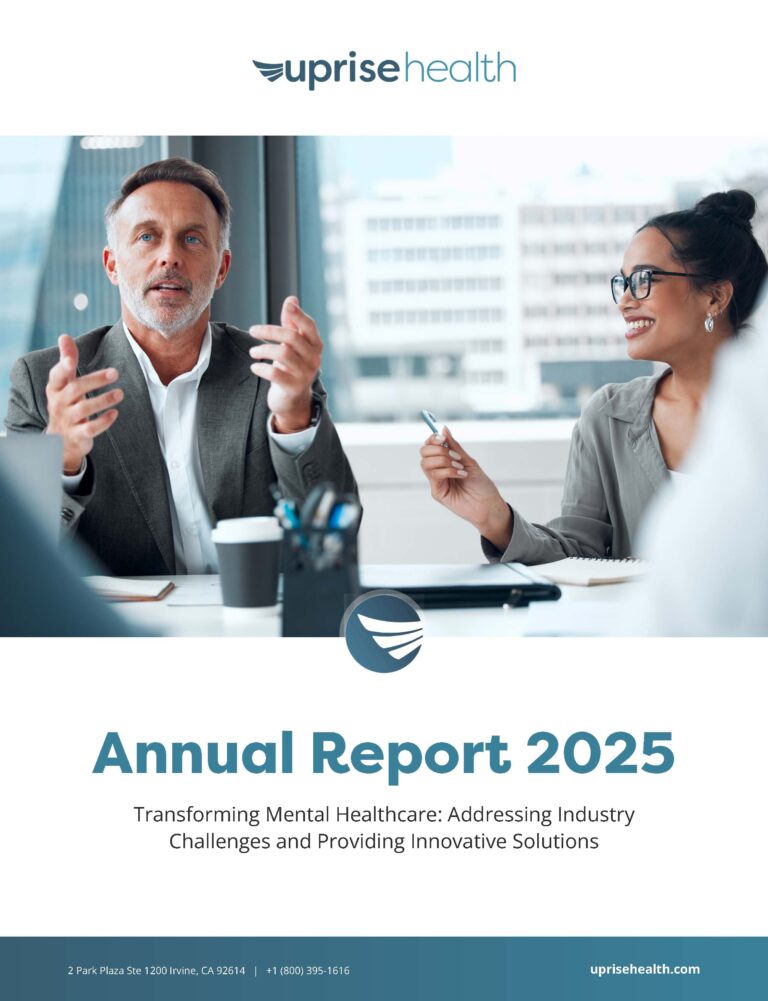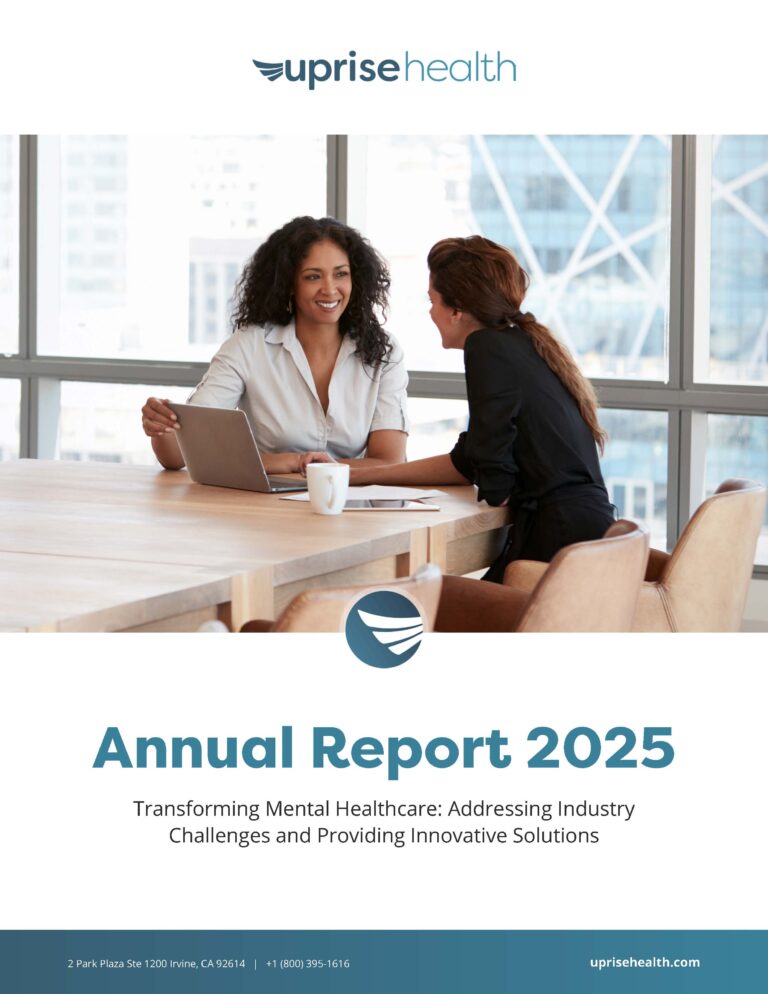Future-Proofing Your Workforce: The Critical Role of EAPs in Employee Well-Being
As the demands of the modern workplace evolve, investing in employee well-being through Employee Assistance Programs (EAPs) is not just a strategy for success—it’s essential for building a resilient and future-ready workforce. To stay competitive, organizations must ensure their workforce is resilient, engaged, and productive. One of the most effective ways to achieve this is through EAPs, which are emerging as a critical tool in future-proofing businesses by supporting the holistic well-being of their employees.
What Are Employee Assistance Programs?
Employee Assistance Programs are work-based intervention programs designed to help employees deal with personal and professional challenges that may affect their job performance, mental health, and overall well-being. EAPs typically offer confidential counseling, support for mental health issues, legal and financial guidance, and resources to help employees navigate stressful situations.
These programs not only address mental health but also provide solutions for a wide range of life challenges, from work-life balance to caregiving and stress management. In short, EAPs are a comprehensive resource that can greatly enhance the quality of employees’ lives, both inside and outside the workplace.
Why EAPs Are Essential for Future-Proofing Your Workforce
-
Addressing the Growing Mental Health Crisis
The importance of mental health in the workplace has never been more apparent. According to a recent CDC study, nearly 1 in 5 adults experience mental health challenges each year and the stressors of modern work life—especially post-pandemic—have only exacerbated this statistic. Left unaddressed, mental health issues can lead to burnout, decreased productivity, and high turnover rates.
EAPs provide employees with immediate access to mental health resources, including counseling and therapy. This support not only improves individual well-being but also reduces absenteeism and promotes a more engaged and resilient workforce.
-
Boosting Employee Retention and Engagement
Employees who feel supported and valued are far more likely to stay with a company for the long term. In a world where talent retention is more challenging than ever, offering an EAP can significantly boost employee satisfaction and loyalty. Knowing that they have access to professional support for both personal and professional issues foster a sense of security among employees.
Moreover, an engaged workforce is an empowered one. EAPs help employees manage their stress, improve communication skills, and even enhance their overall productivity, all of which contribute to a stronger, more motivated team.
-
Adapting to the Future of Work
As remote and hybrid work environments become more common, the boundaries between work and personal life are increasingly blurred. This shift has brought new challenges to employees’ well-being, from feelings of isolation to difficulties managing time and boundaries. EAPs can offer remote support options, such as virtual counseling and online resources, ensuring that employees receive the help they need no matter where they are located.
Additionally, as businesses continue to embrace diversity, equity, and inclusion (DEI) initiatives, EAPs can play a pivotal role in providing culturally sensitive resources, thus creating a more inclusive work environment.
How to Maximize the Benefits of EAPs in Your Organization
To fully realize the potential of an EAP, organizations must actively promote and integrate these services into their workplace culture. Here are some tips for ensuring your EAP is impactful:
- Increase Awareness: Make sure your employees know about the EAP services available to them. Regular communication, training sessions, and reminders can ensure that employees know how to access help when they need it.
- Ensure Confidentiality: Employees may be hesitant to use EAPs if they’re concerned about privacy. Emphasize the confidentiality of these services to encourage greater participation.
- Promote a Culture of Well-Being: EAPs are just one piece of the puzzle. Encourage a holistic approach to employee well-being by promoting a healthy work-life balance, encouraging time off, and offering wellness programs that complement the EAP.
The Bottom Line
Employee Assistance Programs are a vital tool for any company looking to future-proof its workforce. As the demands of the modern workplace evolve, so must the support systems that ensure employees can thrive both professionally and personally. EAPs are not just a benefit—they are an investment in the longevity, productivity, and well-being of your workforce. By offering robust mental health resources, fostering engagement, and adapting to the new work landscape, EAPs play an indispensable role in building resilient, future-ready teams.





